18. Louisiana Story (1948) Directed by: Robert J. Flaherty
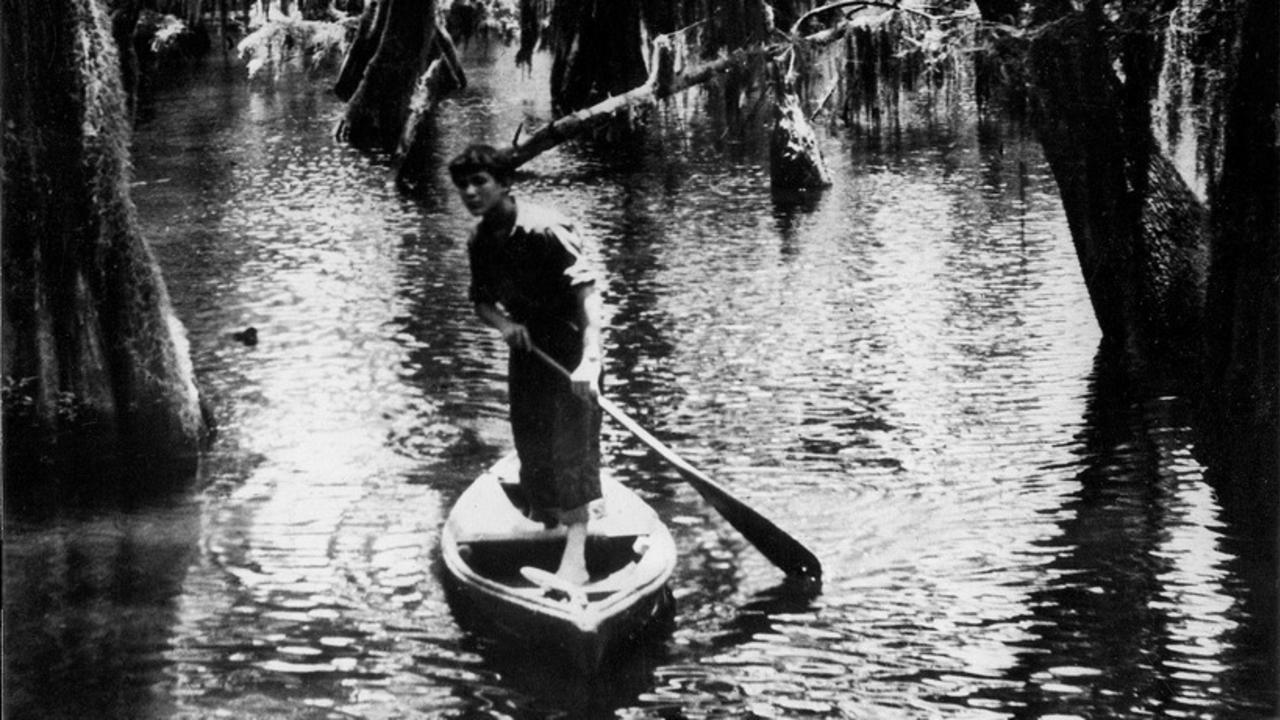
The most important lesson of documentary filmmaking can be learned from Flaherty’s poetic masterpiece “Louisiana Story.” Consisting of hours of raw footage, Flaherty carefully selected and spliced the greatest moments to make this crowning film.
That doesn’t mean he didn’t plan ahead; all the sequences were planned beforehand, but he was also dynamic in decision making. It is a great poetic documentary that is filled with the eternal conflict of nature with equal intensity and subtlety.
19. Rope (1948) Directed by: Alfred Hitchcock
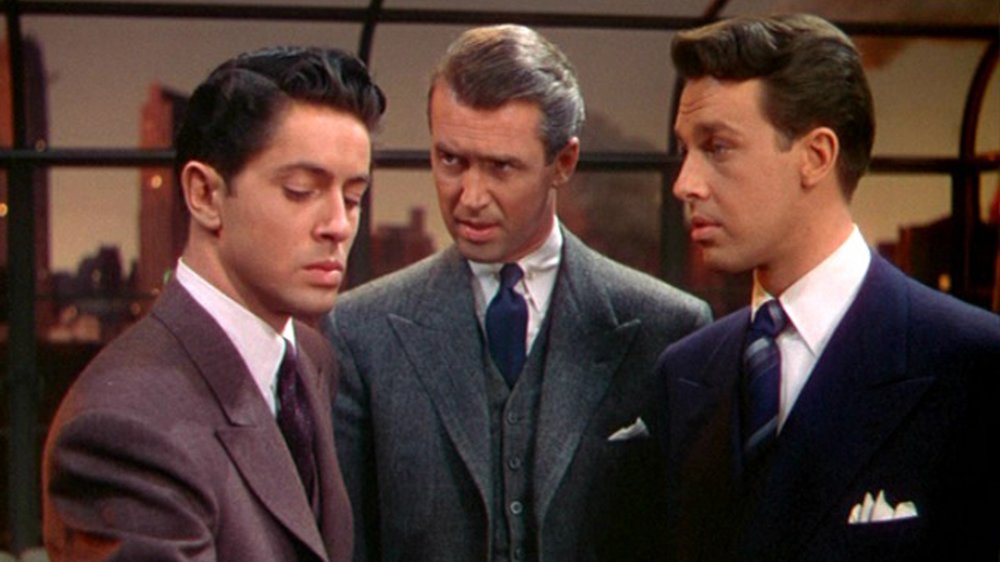
Hitchcock didn’t like “Rope” at all and deemed it a failure. That doesn’t mean anything. Yes, watch the greatest one-take exercises in today’s films and praise Hitchcock. With “Rope,” Hitchcock experimented with one take with removal soundstage and a moving camera.
The cut between shots is entirely invisible to the audience if they don’t know beforehand. The plot is sometimes sacrificed by doing that, but that doesn’t undermine Hitchcock’s innovation at such an early age.
20. Rashomon (1950) Directed by: Akira Kurosawa
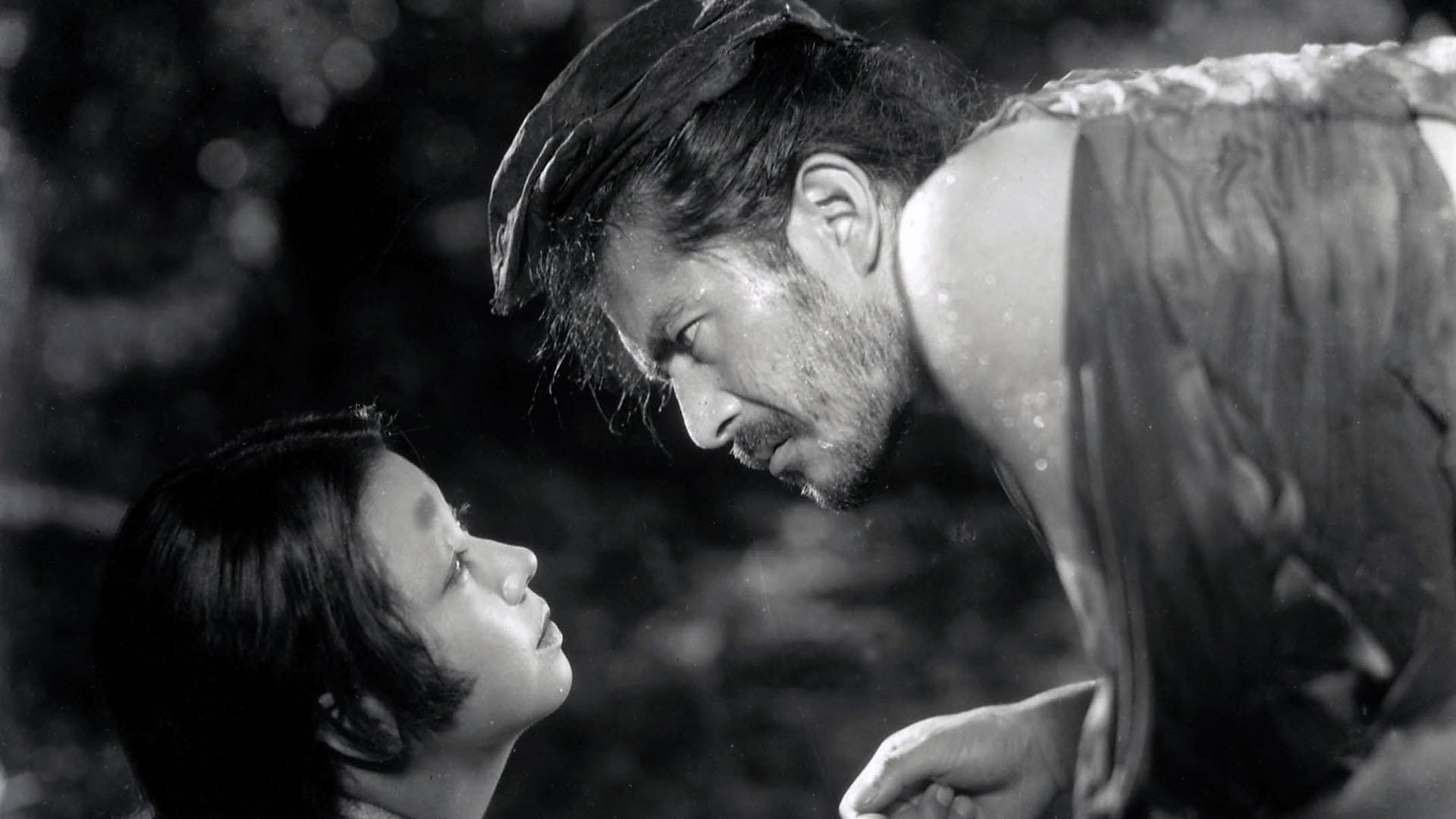
There is no objective truth; it is multifaceted. An intellectual exercise in the investigation of ultimate truth, Akira Kurosawa plays with perspective and shows us that there is no origin of evil. The narrative structure of the film and the manipulation of natural sunlight still spellbinds audiences of all ages.
21. Breathless (1960) Directed by: Jean Luc Godard
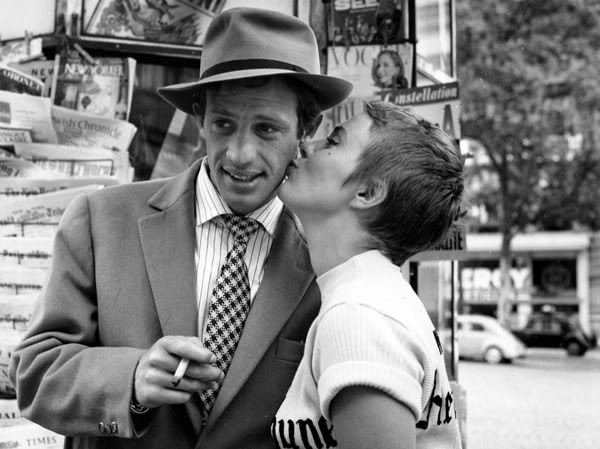
The film that changed everything. “Breathless” introduced jump cuts into the popular conscience and the world took notice. An offspring of the French New Wave, Jean-Luc Godard’s romantic escapade is forever imbibed cinephiles’ minds for the fantastic performances and roam-free cinematography. Godard invented a new language of cinema with this film.
22. Psycho (1960) Directed by: Alfred Hitchcock
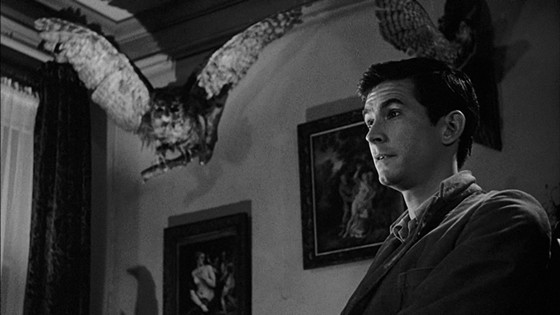
“Psycho” equates to the famous shower scene. Even if you haven’t watched the film, you’ve surely heard about that fantastic sequence accompanied by Bernard Herrmann’s eerie film score. It is also a legendary film to study about film pacing.
Hitchcock always took risks, and here in the midway of the film, he killed the protagonist. The film doesn’t lose but only gains momentum from there. All of the departments did a great job in this film; if you haven’t watched it, you surely missing something great.
23. Persona (1966) Directed by: Ingmar Bergman
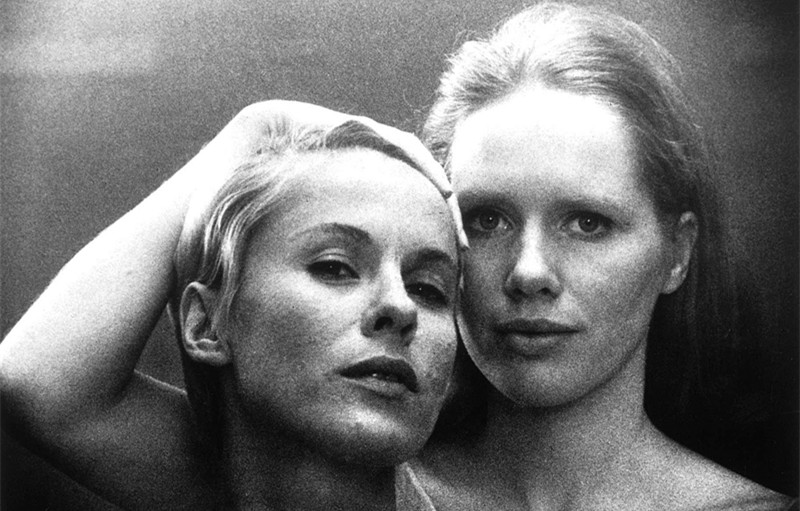
The word ‘persona’ means ‘mask’ or ‘personality.’ Bergman confuses us to that extent with his mystifying “Persona,” that we start to question our own. Everyone subconsciously creates a face and a mask for the society, and sometimes the face and mask can’t be distinguished from one another.
“Persona” is a difficult film to decrypt, but its achievement lies in the fact that when you switch points of view, the film also gets shifted, but never it feels convoluted. Watch it a million times, and the film will take a million different looks for you.
24. 2001: A Space Odyssey (1968) Directed by: Stanley Kubrick
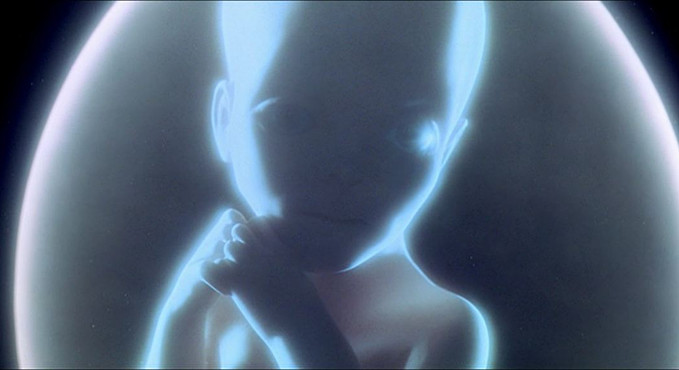
The grandfather of all epic sci-fi films, “2001: A Space Odyssey” is a painful meditative exercise that gradually grapples its spectator. Then we mere humans, even for a short moment, transform into a higher beings and observe this piece of art just like the Starchild observed the Earth.
It is surreal even to think of the stargate sequence and how Kubrick managed to shoot this in 1968. Kubrick also showed prophecy by highlighting the scientific achievements that we have withheld very recently. “2001: A Space Odyssey” has perfection written all over it, and we still haven’t make a better sci-fi than that.
25. The Godfather (1972) Directed by: Francis Ford Coppola
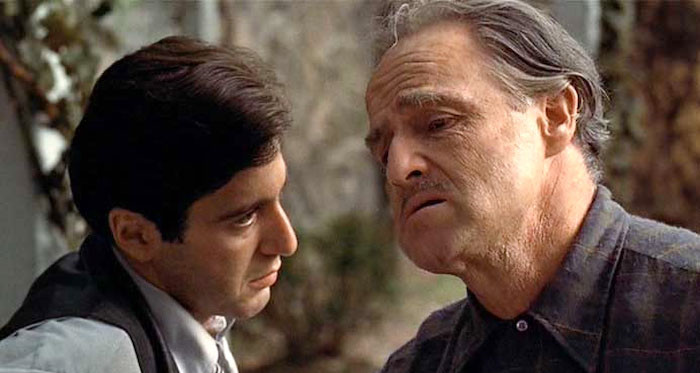
A film that probably no one dislikes. From the moment you start watching “The Godfather,” you will feel no single second was wasted. Immortal by the loyalty of the cinephile community, this is a gangster picture like no other. Sorry, a mistake has been made there. A film like “The Godfather” defies labeling other than knowing that it is one of the greatest achievements in cinema.